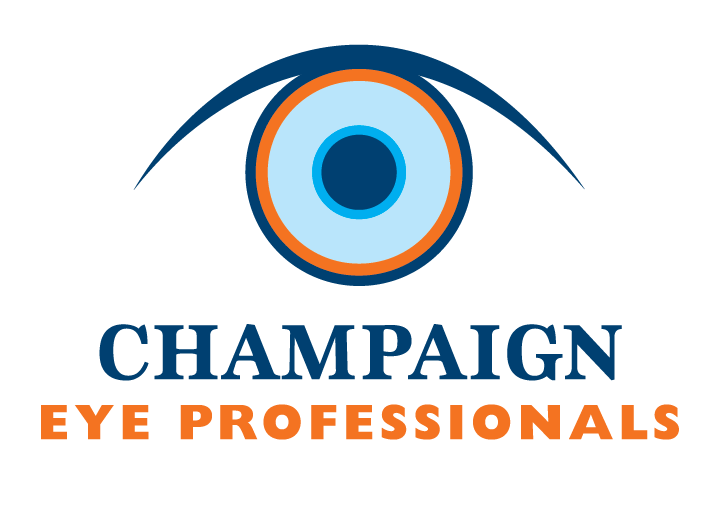3 Ways to Prevent Your Sunglasses from Being Scratched
After spending time at the beach and playing sports and on the go during a busy summer, sunglasses often look worse for wear. Protecting your sunglasses from scratches can extend their service life and give you more time to enjoy them. By establishing good habits with your sunglasses and by working with your eye doctor in Champaign IL, you can help protect your sunglasses from scratches this summer.
1. Put Them In a Case
Keeping your sunglasses in a case is the first and easiest way to ensure that your glasses will not be scratched while they’re not in use. When choosing a case, prioritize sturdiness.
Look for a case that will totally enclose your glasses without allowing grit inside as your glasses are carried around from one place to another. If you spend a lot of time at the beach, it’s especially important to have a case that will keep out sand. Make a habit of putting your sunglasses in a case any time you aren’t wearing them.
2. Establish a Spot Where They “Live”
Put your sunglasses case in one location and keep it there – whether it’s in your purse, the glove box or on your nightstand. Establishing a spot where you always keep your sunglasses will help you avoid putting your sunglasses in places where they’re likely to get scratched – like on the seat of your car or in the bottom of your beach bag.
3. Get An Anti-Scratch Coating
Ask the eye doctor for an anti-scratch coating when you’re ordering your new pair of sunglasses. An anti-scratch coating will help keep the lenses scratch-free and clear for years of use.
Want to get a hard case or an anti-scratch coating for your sunglasses in Champaign IL? Call Champaign Eye Professionals today to make an appointment.





